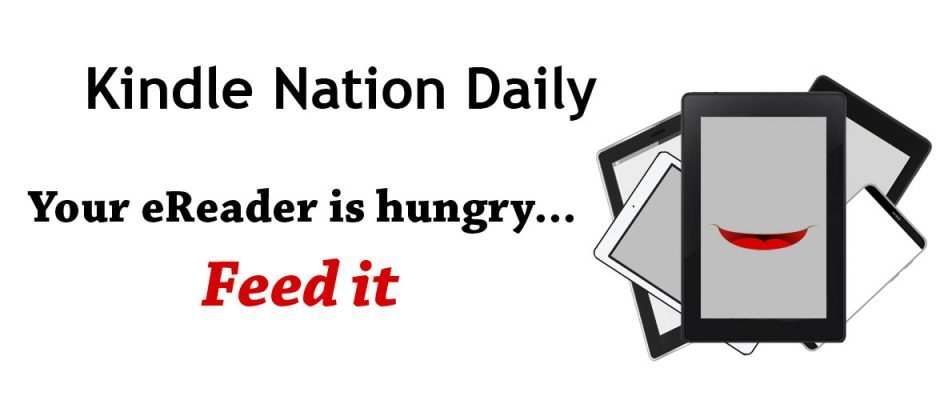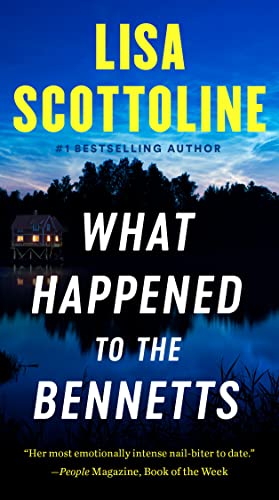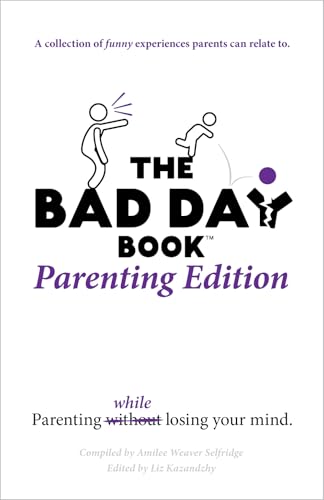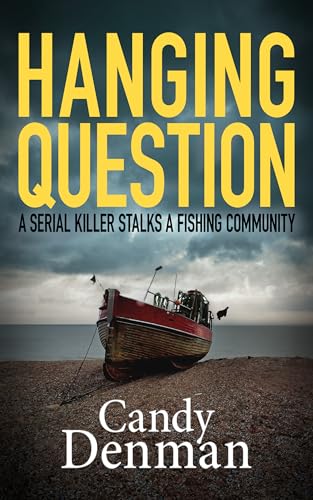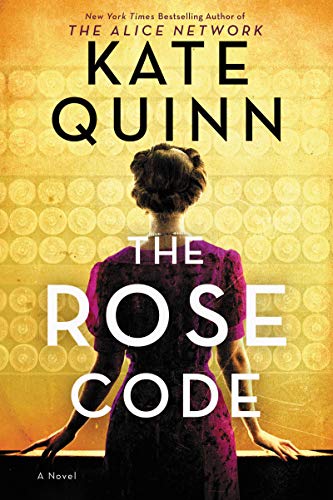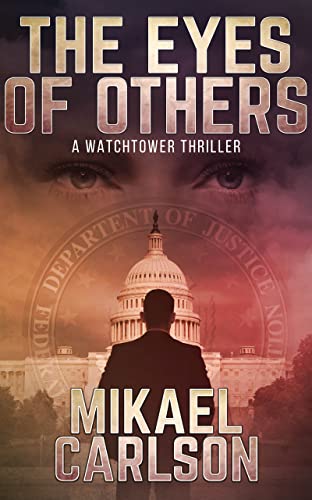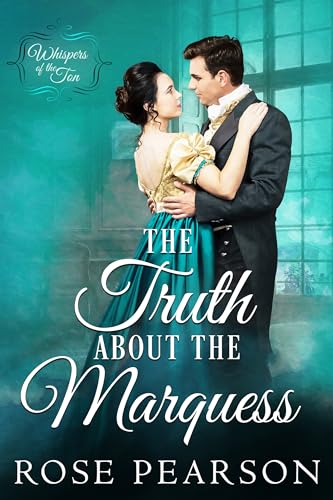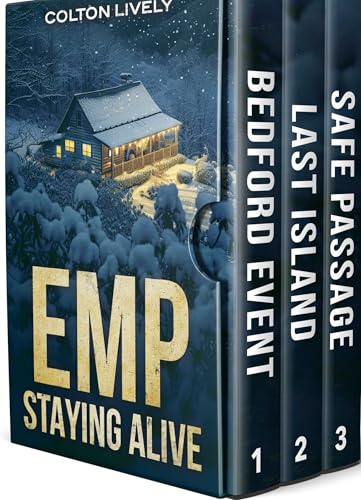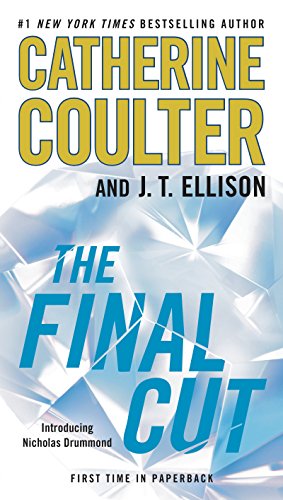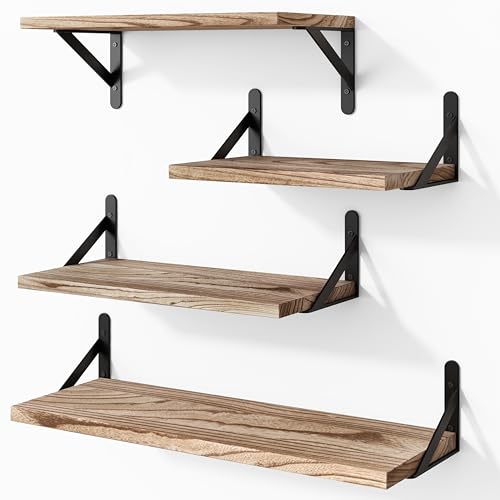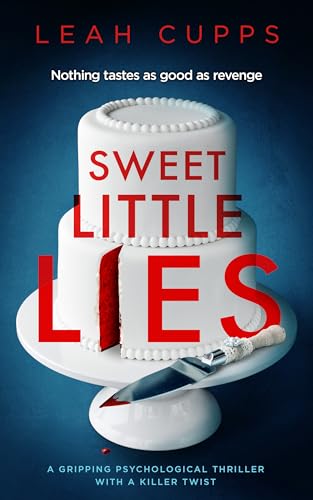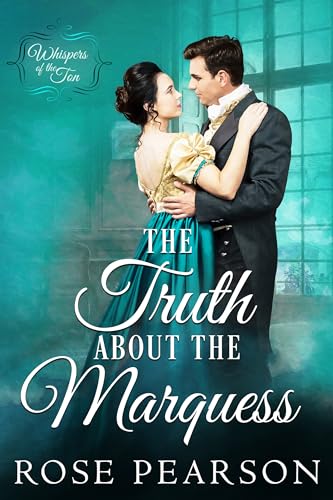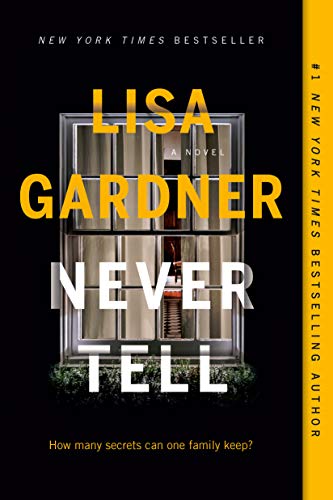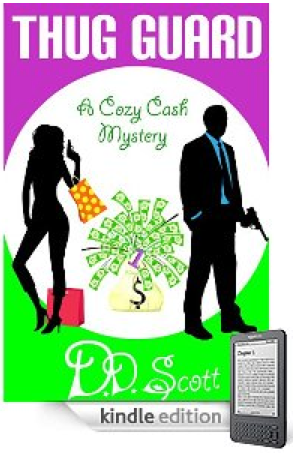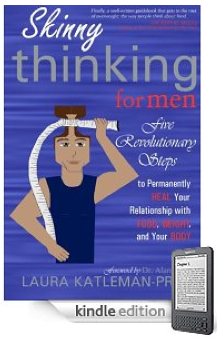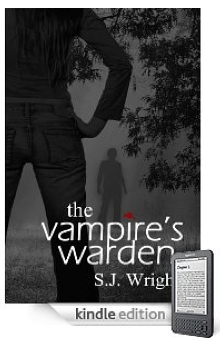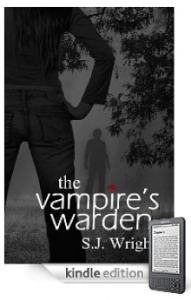
This week, the folks at Publetariat bring us a post from Joel Friedlander, AKA The Book Designer, on the topic of ebook pricing. Why does fiction generally cost less than nonfiction, and is that okay?
Pricing of e-books is a constant source of discussion online, and we’ve seen the rebellions in the Kindle store when publishers were allowed to start setting their own prices last year.
Some books went up in price, as traditional publishers tried to bring e-book pricing more in line with print book pricing. On the other hand, readers keep looking at the lack of reproduction costs in e-books and often moved to lower-priced alternatives.
Three other factors that seem to be driving the instability of the e-book pricing situation:
- The tremendous increase in the volume of sales as the price declines toward $0.99, the lowest price (other than free) in the Kindle store;
- The shift of royalty payements, which are 70% for books above $2.99, and 30% for books below that price; and
- The ease of changing prices on your Kindle books, combined with the ease of tracking your sales on a daily basis.
To get an idea of where pricing is today, I went over to the Kindle store to have a look around.
Amazon says there are 659,063 nonfiction books in the Kindle store. I took a look at just the top 10 best sellers as of yesterday to see what the pricing looked like. Here’s what I found:
Top 10 Nonfiction Full-Length Kindle e-Books
- $6.13 Heaven is for Real by Todd Burpo, Sonja Burpo, Colton Burpo and Lynn Vincent,
- $12.99 Unbroken by Laura Hillenbrand,
- $11.99 The 17 Day Diet by Dr. Mike Moreno,
- $9.99 Be a Dividend Millionaire by Paul Rubillo,
- $9.99 Allies and Enemiesby Anne Maczulak,
- $12.99 The Dukan Diet by Pierre Dukan,
- $9.99 The Immortal Life of Henrietta Lacks by Rebecca Skloot,
- $9.99 Winners Never Cheat by Jon M. Huntsman and Glenn Beck,
- $9.99 Leading at a Higher Level by Ken Blanchard,
- $9.99 The Gospel of Ruth by Carolyn Custis James,
The average price of these e-books is $10.40. None of these e-books is self-published, by the way.
Then I went to look at the fiction titles, since this is the land of the $.99 bestseller. Here’s the way the top 10 look, pricewise:
Top 10 Fiction Full-Length Kindle e-Books
Amazon reports they have 267,838 fiction e-books in the Kindle store:
- $4.17 Water for Elephants by Sara Gruen
- $7.99 The Lincoln Lawyer: A Novel by Michael Connelly
- $9.99 Walking on Broken Glass by Christa Allan
- $3.82 A World I Never Made by James Lepore
- $9.59 Divine by Karen Kingsbury
- $0.99 The Innocent by Vincent Zandri
- $0.99 Vegas Moon (A Donovan Creed Novel) by John Locke
- $7.99 Shattered: A Daughter’s Regret by Melody Carlson
- $4.58 Deadworld by J.N. Duncan
- $12.99 The Fifth Witness by Michael Connelly
The average price of these books is $6.31.
This means that the average fiction e-book that’s in the top 10 in the Kindle store is retailing for a full 40% less than the average top-10 nonfiction e-book. That’s a huge hunk of change.
Does this mean it’s better to be a nonfiction author, if making money is your aim?
Yes, it does. Self-publishing has traditionally worked best for nonfiction authors with solid information-based books. There is no disputing that a new world of bookselling is upon us, and all the old rules will be scrapped or at least reexamined in the light of new realities.
Are we seeing a rebirth in fiction reading, arising from the easy availability of inexpensive novels? From anecdotal evidence, it seems so, and that is certainly a good thing.
What Price is Right For You?
I think there’s no formula that will help you set your prices. If you’re a novelist, by all means keep track of the experiments of authors like JA Konrath and Zoe Winters and Joanna Penn, you’ll learn a lot.
But this seems to be an area where you have to be willing to experiment to find the right spot for your books. Many novelists have reported selling more and more copies as they gradually lowered their price, to the point that giving up the 70% royalty, when you go below $2.99, just didn’t matter as much as the volume of sales rose. As Konrath says about his title The List, when he lowered the price from $2.99 to $0.99, he sold 20 times as many books.
Here’s what Joanna Penn had to say in her recent article on the e-book pricing situation. Joanna publishes both nonfiction and fiction, so it’s interesting to get her perspective:
I pay far more money for non-fiction books that will help me in a tangible manner than I will for fiction which I read once and then (often) forget. It’s not that I don’t value fiction writing, but the price you pay for entertainment has to be representative vs the price you pay for actionable content.
The answer? Since we are all, in a sense, direct marketers now, we should take a lesson from the direct marketing world: test everything, track the results, adjust your pricing if necessary, and test again. You will become an expert on your own book’s pricing, and this experience will be invaluable as you continue to bring more books to market.
I took this all into account when setting the price of A Self-Publisher’s Companion in the Kindle store at $8.99. Is it the right price? I’m not sure, since the book has been out just a few weeks. Will I experiment with the price? You bet I will, just like all you other direct marketers.
What have your experiences with e-book pricing taught you?
This is a reprint from Joel Friedlander‘s The Book Designer.
